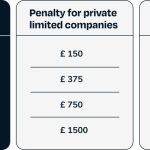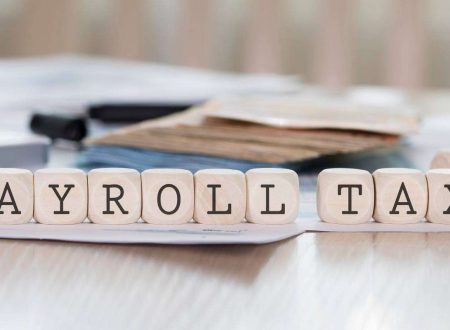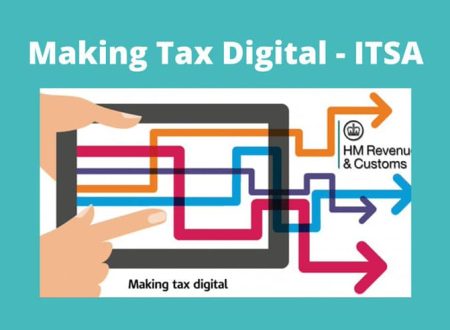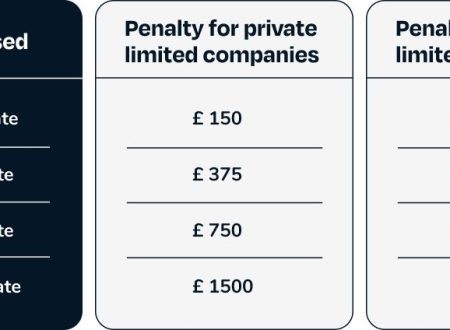For many UK business owners, dividends are one of the most tax-efficient ways to take money out of a limited company. But understanding how dividends work — and the tax rules surrounding them — is essential to avoid penalties, unexpected tax bills, or HMRC scrutiny.
At TT Accountancy Services (TTAS), we regularly help business owners structure their income in the most efficient and compliant way. This guide breaks down everything you need to know about dividends in 2025/26, including how they’re paid, taxed, and recorded.
What Are Dividends?
Dividends are payments made to company shareholders from profits after Corporation Tax has been paid.
They are not the same as salary or wages.
A limited company can only pay dividends if:
- It has sufficient retained profits, and
- Accounts clearly show available distributable reserves.
Important: Paying dividends without enough profit is illegal and may lead to HMRC penalties.
Who Can Receive Dividends?
Only shareholders can receive dividends.
This includes:
- Company directors (if they hold shares)
- Other investors
- Business partners with allocated shares
If you’re a director without shares, you cannot receive dividends.
How Are Dividends Taxed in 2025/26?
Dividends are taxed differently from salary — and usually at lower rates.
Dividend Allowance for 2025/26: £500
The allowance has been reduced in recent years, making dividend planning more important.
Dividend Tax Rates (2025/26):
- 8.75% – Basic rate
- 33.75% – Higher rate
- 39.35% – Additional rate
Dividends do not incur National Insurance, making them more tax-efficient than salary.
HMRC guidance: https://www.gov.uk/tax-on-dividends
How Dividends Are Paid (Step-by-Step)
To comply with HMRC rules, dividends must be paid correctly. TTAS advises business owners to follow this process:
Check Profit Availability
Ensure your accounts show enough post-tax profit.
Hold a Director’s Meeting
Even if you’re the only director, minutes must be recorded.
Create a Dividend Voucher
This must include:
- Company name
- Shareholder name
- Dividend amount
- Date of payment
Record the Dividend in Company Accounts
Accurate bookkeeping is essential for HMRC compliance.
TTAS can prepare all dividend paperwork for you to ensure it meets legal standards.
Salary vs Dividends: Which Should You Use?
Most directors use a combination of salary + dividends for tax efficiency.
Salary Benefits:
- Qualifies for pension contributions
- Counts toward National Insurance credits
- Is a tax-deductible business expense
Dividend Benefits:
- Lower tax rates
- No National Insurance
- Flexible payout timing
TTAS helps clients determine the optimal structure each tax year.
Common Dividend Mistakes to Avoid
Many business owners run into trouble because they don’t follow HMRC rules.
Here are the most common pitfalls:
❌ Paying dividends with no available profit
❌ Not keeping proper dividend vouchers
❌ Treating dividends like salary
❌ Using dividends to cover personal expenses
❌ Incorrect tax planning for higher-rate bands
These mistakes can lead to HMRC challenges or “illegal dividends.”
Planning Dividends Tax-Efficiently in 2025
Good dividend planning can significantly reduce your tax bill. TTAS helps you:
✔ Avoid pushing income into higher tax bands
✔ Time dividends around year-end for better tax positioning
✔ Combine salary + dividends efficiently
✔ Keep your business compliant with Companies Act requirements
✔ Reduce personal and company tax liabilities
Small tweaks can make a big difference to what you keep.
How TT Accountancy Services Supports UK Business Owners
We help directors and UK business owners with:
- Dividend planning
- Salary + dividend optimisation
- Corporation Tax strategy
- Bookkeeping and payroll
- Accounting software setup
- Full HMRC compliance
Need help with dividend planning?
https://ttaccountancy.com/contact
Dividends are a powerful, tax-efficient way to pay yourself — but only if handled correctly. Understanding the rules, tax rates, and documentation requirements helps you stay compliant and financially efficient.
At TT Accountancy Services, we ensure your dividend strategy is legal, smart, and tailored to your business goals.
Make smarter financial decisions — and keep more of what you earn — with TTAS.

 ?>
?>






